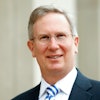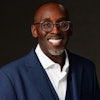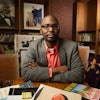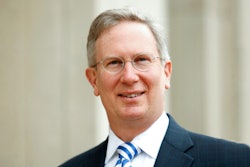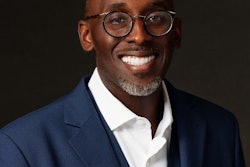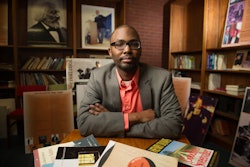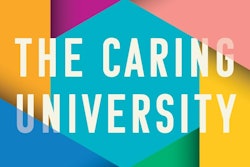New research found that an increase in applications and enrollment at one-third of historically Black colleges and universities (HBCUs) over the past three years directly correlates to the current social and political climate created under President Donald J. Trump’s presidency.
Response to Racism: How HBCU Enrollment Grew in the Face of Hatred was carried out by the associate dean of extended learning at Widener University Dr. Janelle L. Williams and Dr. Robert T. Palmer, chair and associate professor in the Department of Educational Leadership and Policy Studies at Howard University.
It was sponsored and funded by the Rutgers Graduate School of Education (GSE) Center for Minority Serving Institutions (CMSI) and NODA: Association for Orientation, Transition and Retention in Higher Education.
“The findings are really rich and important and really help inform or reinforce the relevancy of HBCUs and also the critical role they play in creating a safe environment for Black students, particularly when they feel that the larger context of society is really being challenged and being tampered with to a point where they no longer feel safe,” said Palmer.
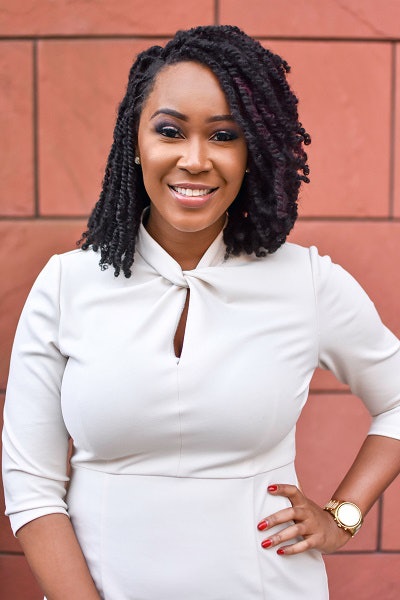 Dr. Janelle L. Williams
Dr. Janelle L. WilliamsTo conduct the research, Williams and Palmer interviewed 80 freshman and sophomore students from four HBCUs including Howard University, Grambling State University, Clark Atlanta University and Morgan State University.
Through conversations with the students, it was discovered that in addition to the election of Trump, the Black Lives Matter Movement and the “Missouri Effect”-a phrase coined by Dillard University President Dr. Walter M. Kimbrough after a series of protests occurred post-election on the University of Missouri’s campus to fight social injustice-influenced their decision to attend HBCUs over predominately White institutions (PWIs).
In the 10 days following the election, 140 hate incidents were reported at PWIs across the country. Additionally, campus hate crime rose 25 percent for a reported 1,250 crimes in 2016, the research noted.
“A lot of students we interviewed came from predominately White high schools and when Donald Trump was campaigning for presidency, they really saw the racism come out of the people who they thought were their friends,” said Palmer. “That really propelled them to consider applying to an HBCU because they wanted a safe space where they didn’t have to worry or experience issues of racism and they wanted that environment where they felt comfortable and embraced.”
Additionally, there were some students who earned full scholarships from PWIs but instead, opted to take out loans and attend an HBCU due to the nature of the campus climate, according to Palmer.
In terms of recommendations for institutions, the research emphasized that HBCUs should serve as a model for other institutions about “promoting inclusive environments” on campus.
“I think campuses, universities, institutions and administrators need to do a better job of training individuals who come to the campus, whatever type of campus it is, but also knowing who your student is and how you can best serve and value your student,” said Williams, who is also a visiting scholar at Rutgers GSE.
Dr. Marybeth Gasman, executive director of both the Samuel DeWitt Proctor Institute for Leadership, Equity and Justice and CMSI said that PWIs need to give students the space and opportunities to talk about how they are feeling in this current environment, as these conversations already occur on HBCU campuses.
Gasman said that professors also need to be open to talking about these issues in the classroom and leaders of PWIs need to speak up as well in order to make sure students feel “supported, safe and valued.”
“Those are the things that people are craving,” said Gasman, who is also the Samuel DeWitt Proctor Endowed Chair in Education and a distinguished professor. “They are craving leaders who are going to speak up and stand for their livelihood and believe in their futures and their right to learn.”
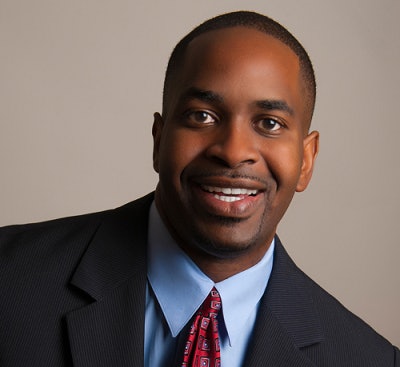 Dr. Robert T. Palmer
Dr. Robert T. PalmerAdditionally, institutions should use political climate surveys and find ways for students to feel supported by White faculty in particular, according to Palmer.
“Often times at PWIs, minoritized faculty are forced to be the go-to person in terms of supporting minoritized students and dealing with minoritized issues,” he added. “That’s not right for minoritized faculty, it should be a shared responsibility.”
Throughout their interviews, Williams and Palmer also talked to students about their identity at HBCUs and what it means to identify as Black, which is the topic of their upcoming research paper.
“Understanding that Black is not monolithic,” said Williams. “We say HBCUs are not a monolithic group but neither is the Black or African American community. There is group differences within that group so just because an HBCU is majority Black, it doesn’t mean you can do one thing for all these students or the same thing for all of these students.”
Williams and Palmer are currently writing a series of articles featured in Diverse to highlight one student from each university. So far, they have featured stories about Morgan State student Oladipo “Dipo” Adeuyan and Grambling State student Ayeisha Gipson.
Sarah Wood can be reached at [email protected].


